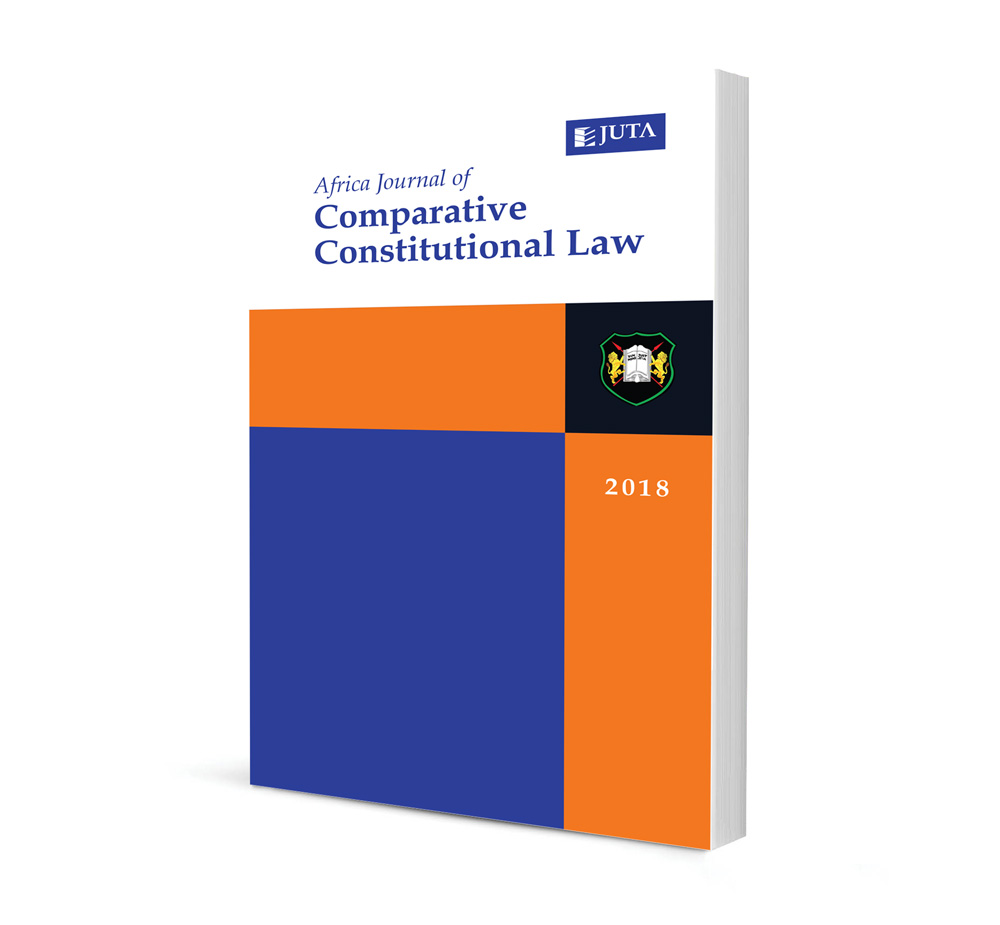
A Reflection on Issues involved in the Exercise of the Power of the Attorney-General to enter A Nolle Prosequi under the 1999 Constitution of Nigeria
Author: Dr Andrew Ejovwo Abuza
ISSN: 2521-5434
Affiliations: B.Sc (Hons); PGDE; MSc; LLB (Hons); LLM ; Ph.D (Law) and Teachers Registration Council of Nigeria (TRCN) Certificate of Registration as a certified teacher. Senior Lecturer, Acting Head of Department of Private Law, Faculty of Law, Delta State University, Abraka (Oleh Campus), Nigeria and Principal of the Law firm of Abuza & Associates.
Source: Africa Journal of Comparative Constitutional Law, 2020, p. 79 – 109
https://doi.org/10.47348/AJCL/2020/a4
Abstract
The 1999 Nigerian Constitution bestows on the Attorney-General the power to enter a nolle prosequi in criminal proceedings. This paper reflects on issues involved in the exercise of the constitutional power of nolle prosequi. The research methodology adopted is mainly doctrinal analysis of applicable primary and secondary sources. The paper finds that the exercise of the constitutional power of nolle prosequi for self-interest or political considerations of the Attorney-General is unconstitutional. The paper suggests the subjection of the exercise of the constitutional power of nolle prosequi to the permission of the court in line with the practice in other countries like the United States of America (USA) and Kenya.